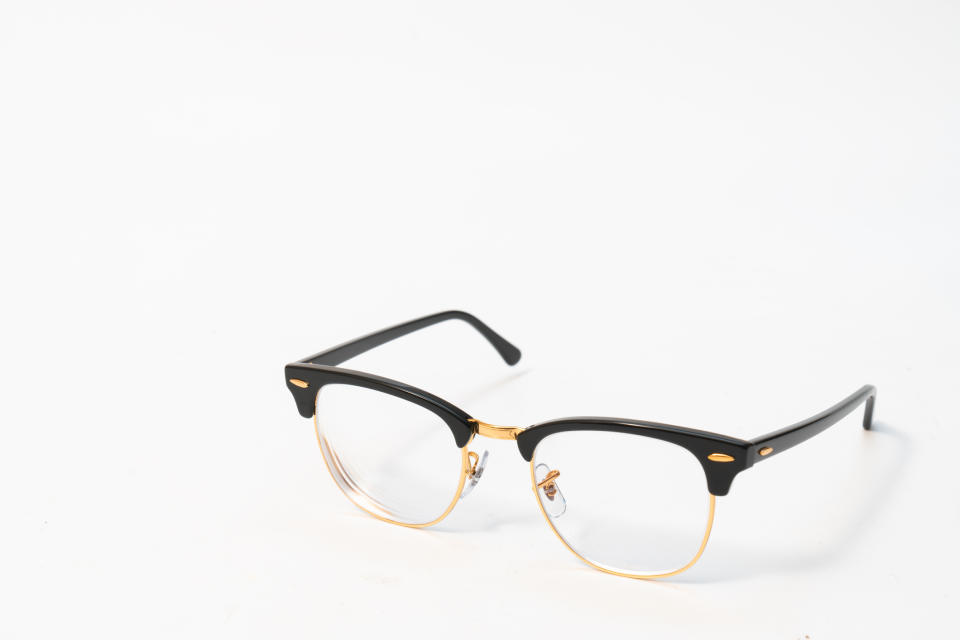Optometrist weighs in on blue-light blocking glasses
While we’re living in a world surrounded by the screens of our phones and our computers, a new range of glasses designed to protect us from blue-light have become the new must-have accessory.
But is blue-light truly damaging to our eyes or is this just a marketing ploy to get us to purchase the latest fashion trend? Some optometrists aren’t convinced.
A post shared by baxter blue (@baxterblue_) on Jan 16, 2019 at 9:39pm PST
The non-prescription lenses – which you’ve likely seen modelled by a range of influencers on social media – claim to alleviate digital eye strain by blocking out some of the harmful blue-light that is said to cause headaches, fatigue, blurred vision and potentially long term retinal damage.
By saying this, the brands that market these glasses including Oscar Wylee, Baxter Blue and OPSM are suggesting that there is a causal link between the light emitted from digital screens and the strain we experience from looking at one thing for too long.

And it’s easy to be convinced as concerns over how technology could be impacting our health and especially our vision is something that has been playing on our minds for a while now.
However, some experts are sceptical of the evidence behind this particular link, arguing that if we were to read a book for the same amount of time we look at screens we would likely experience the same eye-strain symptoms without blue-light.
Specsavers optometrist, Jimmy Park, from Canberra is also among those questioning the necessity of the latest Instagram fad that is blue-light blocking glasses.
“The most recent evidence suggests that only extreme and sustained exposure to blue light might cause damage to the eye,” Jimmy tells Yahoo Lifestyle while suggesting there is more chance of this occurring from sunlight rather than artificial light.

“There is actually more Blue Light emitted from the sun, which is why it’s always important to wear sunglasses with full protection when outside… In reality, the amount emitted from digital devices is much lower.”
This would mean people who work outside could be at a higher risk of potential blue-light damage than those who stare at screens all day, depending on the level of exposure of course.
But not only that, according to Jimmy, a study released in October last year, by The College of Optometrists in the UK stated:
‘The best scientific evidence currently available does not support the use of blue-blocking spectacle lenses in the general population to improve visual performance, alleviate the symptoms of eye fatigue or visual discomfort, improve sleep quality or conserve macula health.’

Following this advice, we wouldn’t go rushing to spend your money on blue-light blocking frames because chances are, they won’t make much difference.
However, if you are concerned about experiencing eyestrain Jimmy suggests that along with regular eye health checks, these four habits could make a difference:
Take regular breaks from your screen or device
Look at something 20 feet away for 20 seconds every 20 minutes
Stay hydrated and blink regularly
Use the ‘night time’ option on your screen or device and turn down the brightness level
Got a story tip? Send it to lifestyle.tips@verizonmedia.com
Want more lifestyle and celebrity news? Follow Yahoo Lifestyle on Facebook, Twitter and Instagram.
Or sign up to our daily newsletter here.

 Yahoo Lifestyle
Yahoo Lifestyle 

